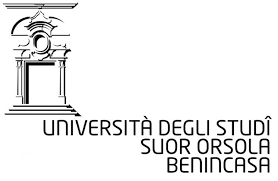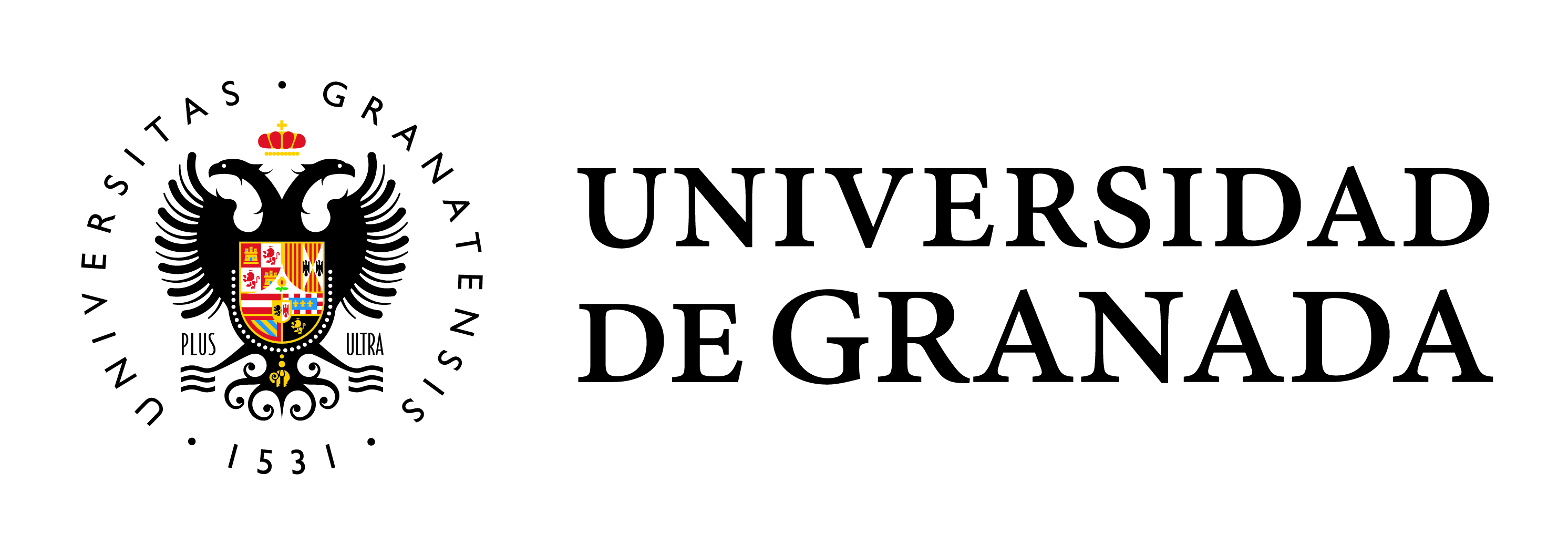Partners
Sour Orsola Benincasa University
Introduction
The Suor Orsola Benincasa University is the oldest free university in Italy. Founded in 1582 by the mystic Orsola Benincasa, it is housed in the monumental Cittadella Monastica, a historic complex with 16th-century walls, covering 33,000 square meters. The site features seven buildings, terraces, and gardens offering panoramic views of Naples and its gulf.
The university's origins lie in the Counter-Reformation period, reflecting Orsola's autonomous religious vision, later brought under ecclesiastical authority. The complex's architecture evolved chaotically over time, with highlights including the Church of the Immaculate Conception (1580), renovated in the 18th century.
After Italian unification, the institution transitioned to a lay status, avoiding confiscation. In 1864, it became a free school for girls, eventually expanding to include a Faculty of Education in 1885, later equalized with those of Rome and Florence. Adelaide del Balzo Pignatelli significantly contributed to its growth, founding a museum with her personal collection.
In 1995, the institution was reformed, becoming the Suor Orsola Benincasa University Institute. It established the Faculties of Arts and Law alongside Education and, in 2004, officially became a university. Today, it offers multidisciplinary programs, including journalism, cinema, and postgraduate studies, prioritizing student-centered education, internships, and career placement.
Departments
Within the three Departments - Educational, Psychological and Communication Sciences, Legal Sciences and Humanities - the traditional fields of education, training of trainers, restoration and valorisation of the artistic and cultural heritage have been joined, over time, by study and research paths in the fields of law, modern languages, psychology, communication and economics. In particular, the following are active at UNISOB.
6 three-year degree courses:
- -Business Economics and Green Economy
- -Modern Languages and Cultures
- -Communication Sciences
- -Cultural heritage sciences: tourism, art, archaeology
- -Education Sciences
- -Cognitive Psychology Sciences and Techniques
3 Five-year single-cycle degree courses:
- -Conservation and restoration of cultural heritage
- -Law
- -Primary education sciences
8 Two-year Master's degree courses:
- -Public and Corporate Communication
- -Educational consultancy
- -Digital Humanities Cultural Heritage and Literary Subjects
- -Economics, Management and Sustainability
- -Modern languages for communication and international cooperation
- -Planning, administration and management of social policies and services
- -Psychology: human resources, cognitive ergonomics, cognitive neuroscience
- -Performing and Media Sciences. Languages, Interpretation and Visions of the Real (LIVRe)

Each course of study has its own particularities within the regional educational offer, specificities due either to the uniqueness of the educational pathway or to its marked specialisation and professionalisation.
The range of courses on offer is completed by post-graduate higher education, the three Schools of Specialisation (in Archaeological Heritage, in Historical and Artistic Heritage and for the Legal Professions), Master's Degrees, Postgraduate Courses, PhDs, as well as a full programme of cultural initiatives and events, which historically characterise the identity of the University. State-of-the-art facilities operate at the University, such as the 'Scienza Nuova' Design and Research Centre, whose aim is to bring the world of the humanities closer to the most advanced experiences of scientific and technological development, and which enable students, PhD students and research fellows to work on innovative projects, with partners of national and international importance.
UNISOB's constant commitment to enhancing and interpreting its scientific and cultural heritage in the light of contemporary challenges, thus re-interpreting its role and competences in terms of openness and support for innovation, also includes the efforts related to the reorganisation and modernisation policies of the five campuses, which have been carried out in full respect of tradition and attention to the individual and the teaching and scientific community.
STAFF: Italian group coordinator
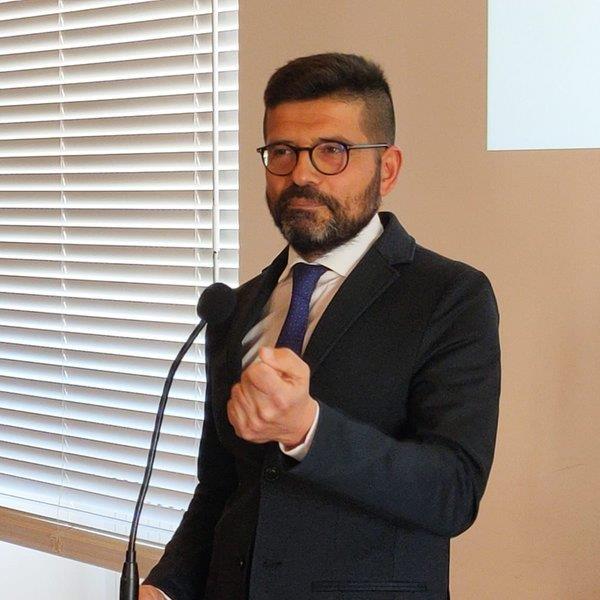
Fabrizio Manuel Sirignano
Full Professor of General and Social Pedagogy M-PED/01 at the department of educational, psychological and communication sciences at the Suor Orsola Benincasa University of Naples, where he is the Rector's delegate for Life Long Learning, President of the Degree Course in Primary Education Sciences . He is Scientific Director of the Francesco Saverio Nitti International Research Centre for the Mediterranean and of the Clinical Education and Narrative Medicine Research Group at Temple University in Philadelphia. He teaches at the Democritus University of Thrace was Visiting Professor at the Universities of Alicante and Seville and he is scientific coordinator of the International Elisa Frauenfelder Prize. His research interests concern the relation between political pedagogy, intercultural pedagogy , autobiographical pedagogy and narrative methods.

Maria Federica Paolozzi
PhD in Humanities and Technologies, is a research fellow and contract lecturer in History of Pedagogy at the University Suor Orsola Benincasa. Her research interests concern epistemology of complexity and intercultural pedagogy.
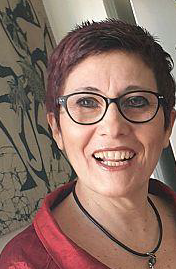
Stefania Maddalena
Contract Professor in General and Social Pedagogy M-PED/01 at the Suor Orsola Benincasa University of Naples and researcher at the department of philosophical, pedagogical and economic-quantitative sciences at the University of Chieti. Her research interests concern autobiographical pedagogy and narrative methods.
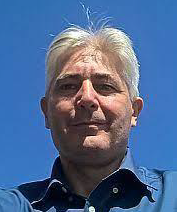
Fernando Sarracino
Associate Professor of ‘Education and Pedagogy of Special Needs Education' (M-Ped/03). His research interests concern, on the one hand, teaching, teaching design and SEN teaching (involving the use of digital devices), on the other, digital citizenship education.

Funded by the European Union. Views and opinions expressed are however those of the author(s) only and do not necessarily reflect those of the European Union or the European Education and Culture Executive Agency (EACEA). Neither the European Union nor EACEA can be held responsible for them.
